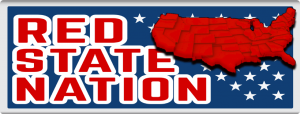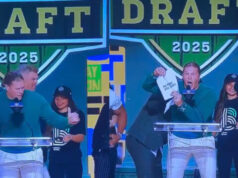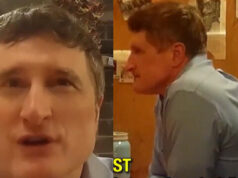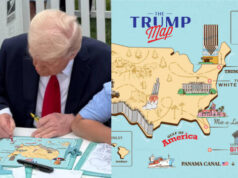Opinion
Three days after Trump left office, Russia has erupted. Having survived a poisoning, the prominent opposition figure Alexei Navalny recuperated in Germany.
The U.S. strongly condemned Russia for jailing Alexei Navalny and arresting thousands of demonstrators who marched in cities nationwide Saturday in support of the Kremlin critic.
More than 3,000 people were arrested at the protests. Navalny’s wife, Yulia, was among those detained, she said on social media.
Navalny, the most prominent critic of Russian President Vladimir Putin, was arrested Sunday after coming back to Russia from Germany, where he was recovering for months from poisoning he blames on Russia, a claim the government denies.
Russian authorities claim Navalny’s five months in Germany violated a previous suspended sentence for a conviction, which he has said was for bogus charges. Navalny is being held in the notorious Matrosskaya Tishina prison.
Protesters took to the streets in dozens of cities across Russia on Saturday, including some 15,000 gathered in Moscow’s city center. “The situation is getting worse and worse, it’s total lawlessness,” Andrei Gorkyov, a protester in Moscow told the Associated Press. “And if we stay silent, it will go on forever.”
“The U.S. supports the right of all people to peaceful protest, freedom of expression. Steps being taken by Russian authorities are suppressing those rights,” Rebecca Ross, the spokesperson for the U.S. Embassy in Moscow, said in a tweet Saturday. “Russian authorities [are] arresting peaceful protesters, journalists – appears to be [a] concerted campaign to suppress free speech, peaceful assembly. This continues years of Russia tightening restrictions, repressive actions against civil society, independent media, political opposition.”
The spokesman for Russian President Vladimir Putin, Dmitry Peskov decided to blame the U.S. embassy and with it the current administration for interfering in Russia’s domestic affairs. He said that the statements from the U.S. “indirectly constitute absolute interference in our internal affairs” and are “direct support for the violation of the law of the Russian Federation, support for unauthorized actions.”
The protests attracted thousands of people in Russia’s major cities, including an estimated 15,000 in Moscow, and demonstrations occurred in scores of other cities. Peskov, however, dismissed the turnout as insignificant.
“Now many will say that many people came out for the illegal actions. No, few people came out; many people vote for Putin,” he said.
He doubled down on his comments by saying that the U.S. Embassy’s statements about the nationwide protests, in which more than 3,500 people reportedly were arrested, interfere in the country’s domestic affairs and encourage Russians to break the law.
Dmitry Peskov made the criticism on Sunday, a day after protests took place across the country demanding the release of jailed opposition leader Alexei Navalny, an anti-corruption activist who is Putin’s most well-known critic.
The Kremlin press secretary, said: “We’re not ready for diktat, we’re not ready for boorishness, and we’re not ready for any crossing of red lines.”
Peskov said on state television that Putin would be ready for dialogue with the Biden administration despite their disagreements, but the two countries were closer to “enemies” than “partners” at the moment.
During the interview, he also said the protests would play into the hands of those who wanted to destabilise Russia, and that far fewer people supported the protests than supported Putin.







